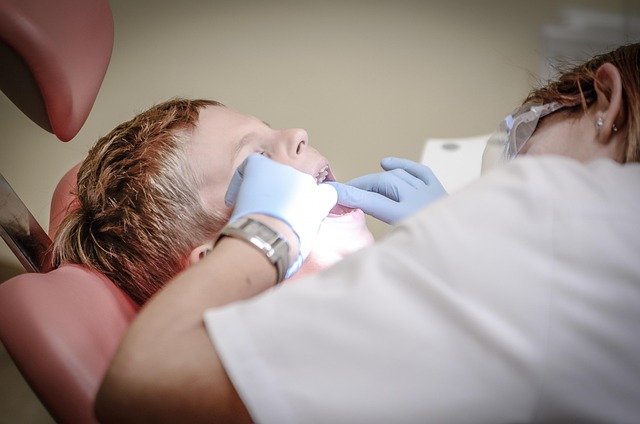Breast surgery in the UK: eligibility factors
Breast surgery in the UK may be offered for various medical reasons, such as reconstruction after mastectomy or correction of congenital conditions. Access to these procedures through public healthcare is based on strict eligibility criteria. This guide explains the main factors considered by medical professionals, helping patients understand what qualifies as clinically necessary and what steps are involved in the evaluation process.

When is breast surgery considered medically necessary?
The NHS considers breast surgery medically necessary in several circumstances. These include breast reconstruction following cancer treatment, correction of severe asymmetry, breast reduction for chronic pain and physical limitation, and reconstruction due to congenital conditions. Documentation from healthcare providers demonstrating physical symptoms, functional impairment, or psychological impact is typically required to establish medical necessity.
Understanding reconstructive versus cosmetic procedures
Reconstructive breast surgery aims to restore form and function following disease, trauma, or developmental abnormalities. These procedures are typically covered by the NHS when meeting specific criteria. Cosmetic procedures, such as breast augmentation for aesthetic enhancement, are generally not funded by the NHS unless there are exceptional circumstances. Private healthcare providers offer both types of procedures, with different assessment criteria and funding pathways.
NHS guidelines and eligibility requirements
NHS guidelines for breast surgery eligibility vary by region and Clinical Commissioning Group (CCG). Common criteria include:
-
Documented medical conditions affecting breast tissue
-
Evidence of physical symptoms impacting daily activities
-
History of conservative treatment attempts
-
Body Mass Index (BMI) within specified ranges
-
Non-smoking status or commitment to smoking cessation
-
Realistic expectations about surgical outcomes
Role of psychological assessment in treatment decisions
Psychological evaluation forms an integral part of the assessment process for both NHS and private breast surgery. These assessments help:
-
Determine emotional readiness for surgery
-
Identify underlying body image concerns
-
Ensure realistic expectations about outcomes
-
Screen for mental health conditions that might affect recovery
-
Support informed decision-making
Pathways for discussing surgical options
Initial consultations typically begin with general practitioners who can refer patients to specialist services when appropriate. The pathway includes:
-
GP assessment and medical history review
-
Referral to breast surgeon or plastic surgeon
-
Specialist consultation and physical examination
-
Discussion of treatment options and risks
-
Documentation of medical necessity if applicable
-
Development of personalised treatment plan
Healthcare Provider Comparison Table
| Provider Type | Initial Assessment | Waiting Time | Funding Options |
|---|---|---|---|
| NHS | GP Referral Required | Variable (3-18 months) | Full coverage if eligible |
| Private Hospital | Self-referral possible | 2-4 weeks | Self-funding/Insurance |
| NHS Private Patient Unit | GP Referral Required | 4-8 weeks | Self-funding/Insurance |
Prices and waiting times mentioned in this article are based on the latest available information but may change over time. Independent research is advised before making financial decisions.
Understanding eligibility factors for breast surgery in the UK requires careful consideration of medical necessity, psychological readiness, and available healthcare pathways. Whether pursuing treatment through the NHS or private providers, thorough consultation with healthcare professionals helps ensure appropriate care aligned with individual needs and circumstances.
This article is for informational purposes only and should not be considered medical advice. Please consult a qualified healthcare professional for personalized guidance and treatment.




